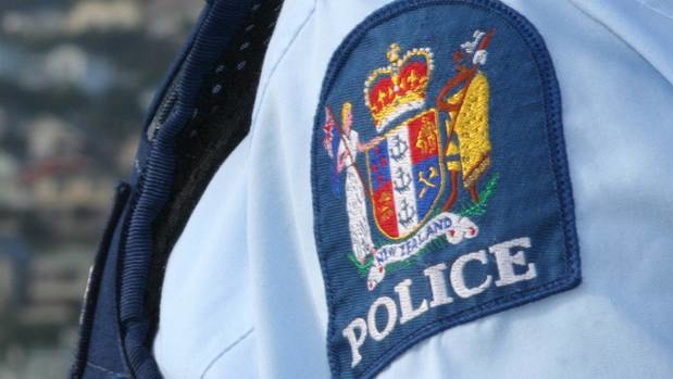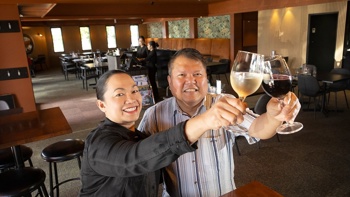
Hawke's Bay Police say they are concerned by two recents incidents, where elderly people died and remained undiscovered in their homes for more than two weeks.
Detective Mike Signal said it was both sad and worrying that there were older members of the community who didn't have anyone looking out for their wellbeing.
"As the weather gets hotter and the holiday season begins, it is a good time to reflect on friends, neighbours and family and to make sure of their welfare, especially those who are known to be in poor health and living alone," Signal said.
WHAT TO DO IF YOU HAVE AN ELDERLY NEIGHBOUR
- Introduce yourself - If you are new to the area, make a point of getting to know the people who live nearby.
Say hello when you see them in the street and do your best to be friendly and approachable.
- Ask - If your neighbour is an older person, there may be relatively simple tasks that they are no longer able to do.
Don't be shy, approach them and ask if there's anything they need help with.
Many older people are fit, healthy and independent, so be careful not to be patronising, but mention that you are available to help.
Jobs like changing a lightbulb, mowing lawns, or some basic DIY may be things that you can help with.
- Providing company - Notice whether or not your neighbour has any regular visitors.
If their family lives far away and they don't leave the house much, they may appreciate someone popping over for some company.
Ask them about their lives, where they have lived, what they did for work, fun, friendships (looking through old photos is a great way to connect).
- Reading the signs - If you have not seen your neighbour for a while, pay particular attention to some simple signs.
Do the lights come on at night?
Do the curtains get drawn?
Is the garden tended?
There may be an accumulation of mail under their door or sticking out of the letter box.
If you have any reason to suspect that your neighbour might be in need of help, knock on the door to check they are okay.
- Developing a two-way relationship - Agree to let each other know if you are going to be away from your home for a weekend or longer.
Swap phone numbers and make arrangements to call if there is a power outage, buses are not running or other unusual events.
Give each other the contact details of a relative who can be contacted in an emergency.
- Building a connection - Offer to take their rubbish bin to the gate, have your children show their latest painting from kindy, offer an invitation to your child's sports event, ballet concert or any meeting/fundraising gala in your community.
Think about getting out and about.
Transport can be a big problem for older people, especially if they've given up driving.
Other ideas could include grocery shopping on behalf the neighbour, that is always gratefully received.
IT support may also be important or teaching them how to use technology.
- Emergencies - Check on your older neighbour if there is a civil defence event like a major storm or earthquake.
Better still, be proactive.
Let them know ahead of time that you are willing to offer support in an emergency.
Have a chat with older neighbours and others about what resources you all have.
After the Christchurch earthquake, practical older people who had lived through other emergencies were often a support to their neighbours.
- Follow up - If you are concerned for your neighbour's wellbeing, or suspect that they may not be able to look after themselves, ask them if they are okay.
If you suspect that they need help but they are unresponsive to your offers then seek advice from Police or Age Concern.
- Loneliness - If you think your older neighbour is feeling lonely it's important to do something about it and Age Concern can help.
Age Concern's Accredited Visiting Service is a befriending service that provides regular visits to older people who would like more company.
More information can be found at www.ageconcern.org.nz
Take your Radio, Podcasts and Music with you









